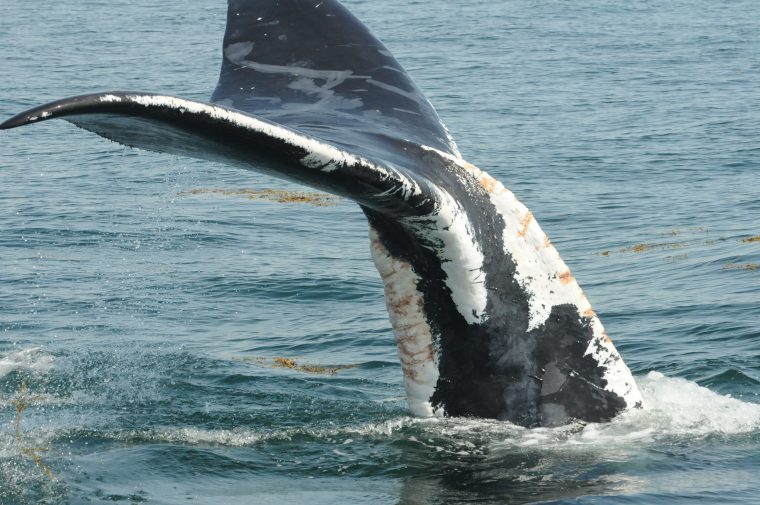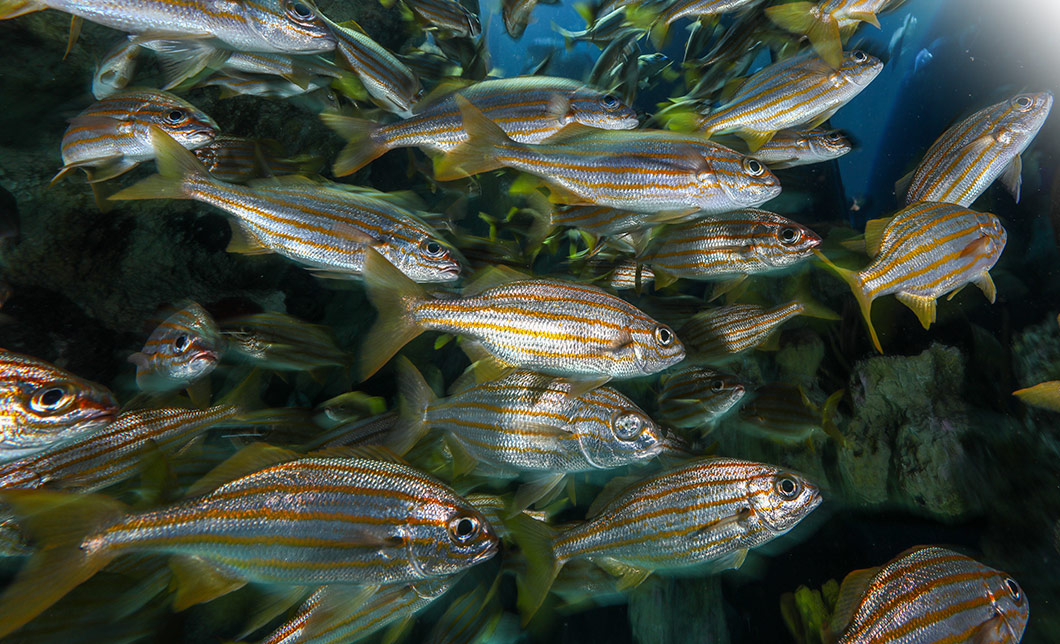We will be closed on Tuesday, April 30, for a day of strategy work and team building.
The New Balance Foundation Marine Mammal Center will be closed for exhibit maintenance on Monday, April 29 and Wednesday, May 1.

BOSTON, MASS. (Aug. 31, 2021) – The New England Aquarium is disappointed that a final federal rule aimed to protect North Atlantic right whales from fishing gear entanglements is lacking more aggressive measures that are crucial to saving this critically endangered species, which numbers approximately 350 individuals. The regulations put forth by the National Marine Fisheries Service are inadequate and will not protect the North Atlantic right whale from extinction.
Earlier this year, Aquarium scientists urged the National Oceanic and Atmospheric Administration (NOAA) to reduce the risk of serious injury and death of right whales in the Northeast crab and lobster trap/pot fisheries by at least 80% rather than the 69% outlined in the final rule to amend the Atlantic Large Whale Take Reduction Plan. Our scientists also supported implementing manufactured 1700-pound breaking strength ropes or weak insertions every 40 feet throughout the full length of an endline—the line to which the surface buoy is attached—as a temporary way to reduce the likelihood of a lethal entanglement until the fishing industry can fully transition to ropeless gear. The rule does not include a pathway forward for wide implementation of ropeless technology, neither does it account for making fishing lines sufficiently weak or reducing the amount of fishing gear in waters. This is a discouraging outcome based on the current, best available science, which includes recent research published by Aquarium and NOAA scientists.
It is clear that we humans are the primary cause of serious injuries and mortalities to right whales. We are also the solution, but saving this species from extinction requires bold and decisive action. For more than 40 years, the New England Aquarium has been at the forefront of right whale research, working collaboratively to help protect these whales with scientists, fishermen, government agencies, and conservationists. We are committed to continuing this work and advocating for this species that plays such a vital role in marine ecosystems. The science is clear. We now need the wider community to be advocates for these magnificent animals if the species is to survive.
MEDIA CONTACT:
Pam Bechtold Snyder – psnyder@neaq.org, 617-686-5068

